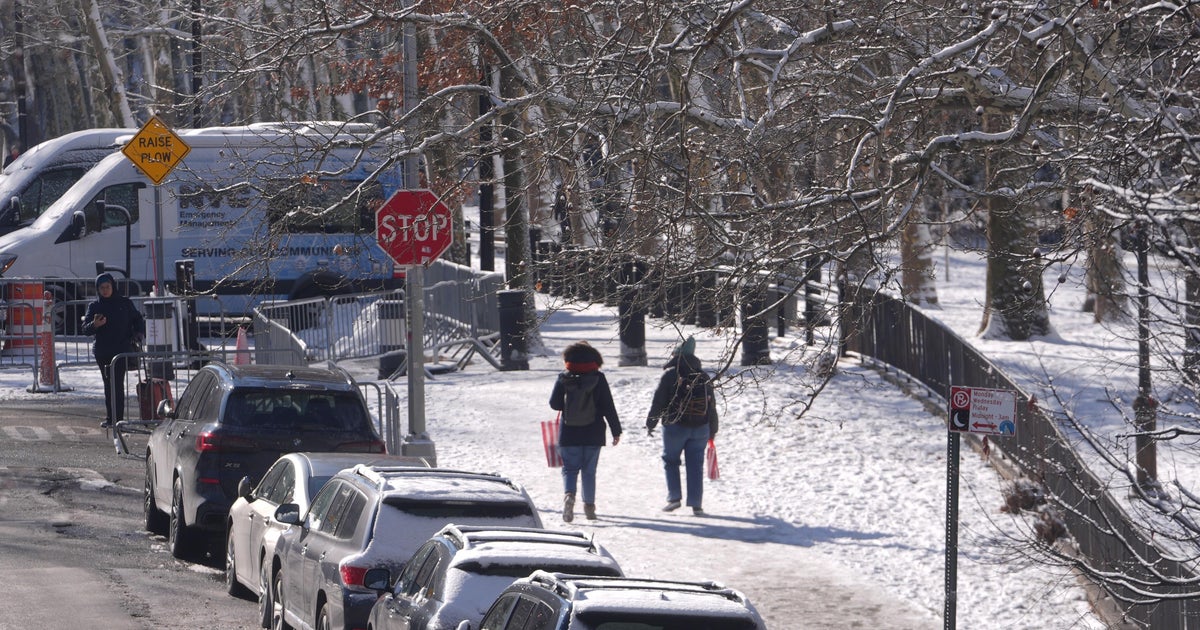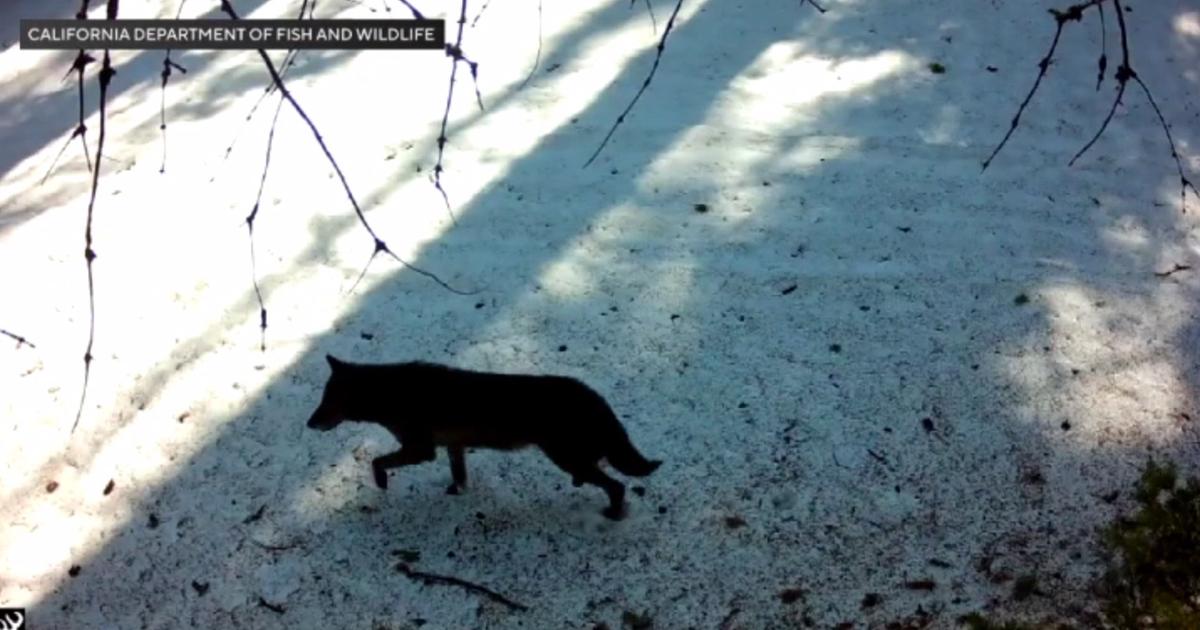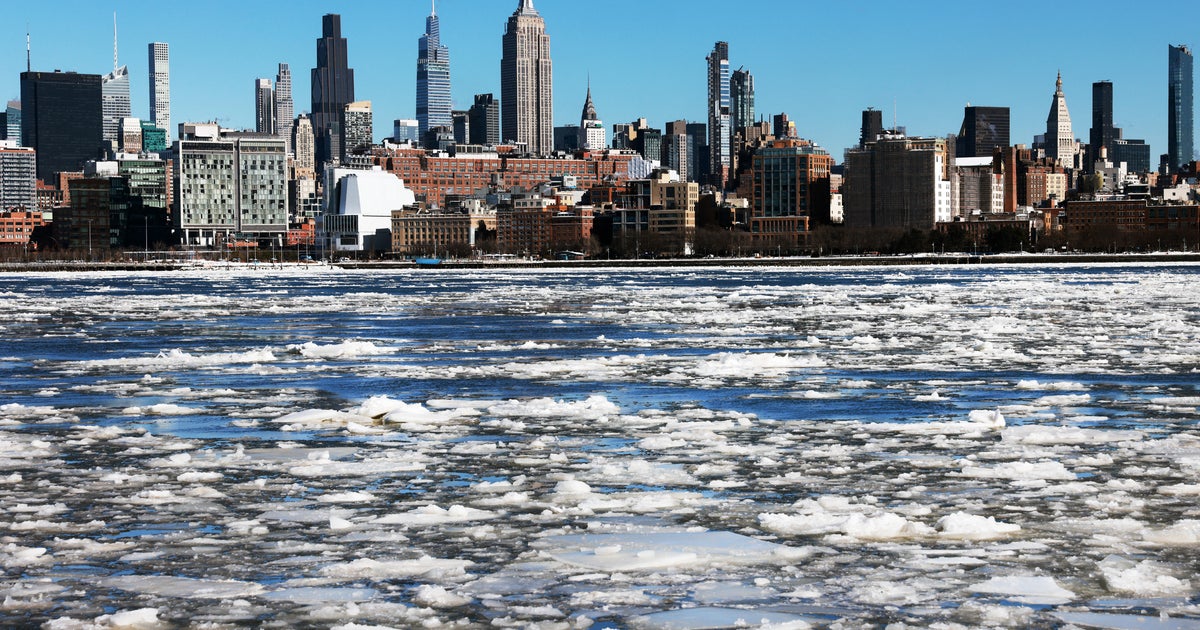City Officials Say Keep Your Distance As Raccoons Take Up Residence In Central Park
NEW YORK (CBSNewYork) -- A group of friendly raccoons in Central Park are New York City's newest attraction, but city officials are warning parkgoers to keep their distance.
Central Park is home to all sorts of wildlife, and while seeing raccoons is not at all unusual their numbers seem to have exploded in one particular area.
It is believed at least two dozen raccoons have taken up permanent residence near the pond off 59th Street, and they stick around because tourists and passersby are feeding them nightly, 1010 WINS' Glenn Schuck reported.
"Raccoons are an amazing animal and they're really fun to watch, but we just encourage people to enjoy them from a distance," said Richard Simons, Director of Wildlife for the Parks Department.
Simons is discouraging people from feeding the raccoons and posing for selfies with the animals.
"Don't feed them and whatever you do, take a regular photo. A selfie is not the best type of photo in this case," Simons said. "Raccoons may seem like cute animals that you want to take a photo with, but they are wild animals."
"They could scratch you," Simon warned. "In a rare case, raccoons may be sick. They are a vector species for rabies, so they should be avoided."
Still, some park visitors can hardly resist.
"They're so beautiful. They have that mask. They're ready to rob a bank. They don't hurt anybody," Juan Jiminez said.
As CBS2's Valerie Castro reported, the congregation of creatures has elicited mixed emotions.
"I think it's scary," one visitor said.
They apparently have an appetite for everything.
"They eat bread, they like pizza," Marijana Abicic said.
Park Rangers have warned visitors to leave them alone.
"Don't feed them. For heaven's sake don't feed them," Urban Park Ranger Mara Pendergrass said.
Pendergrass said though they may seem hungry, feeding the raccoons is not helping their waistlines.
"They're getting obese because they're eating everybody's french fries," she said.
Some who deliver the near daily dinner believe the animals wouldn't survive without their help.
"When you start to feel for something you eat and say, 'oh maybe they are hungry, and I go to give them," Abicic said.
Their habitat is just steps away from skyscrapers and high rises, but experts reminded park visitors that their nature is still wild.
"They need to remain wild, they need to be able to go out and get their own food," Pendergrass said.
Though it's not illegal to feed animals in city parks it is against park rules and regulations.







